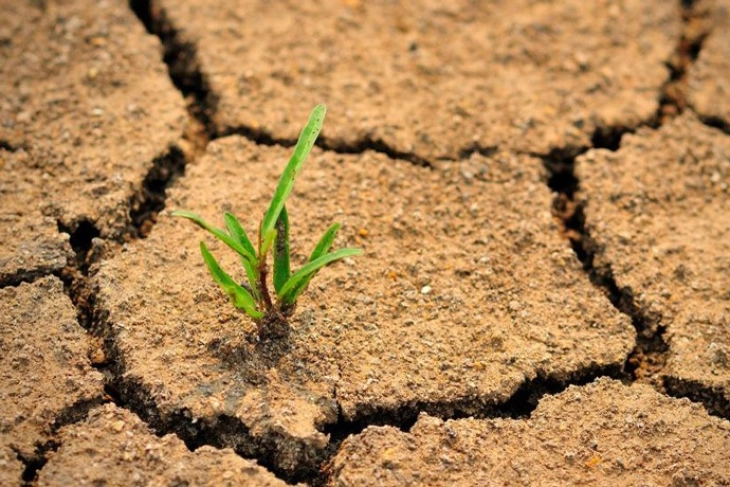UNICEF survey shows society is concerned about climate change and its impact on children
- Post By Nevenka Nikolik
- 17:37, 1 March, 2022

Skopje, 1 March 2022 (MIA) - A new UNICEF survey on the general public’s knowledge, attitudes and practices on climate change and the environment shows that most citizens (73%) are concerned about climate change and its negative impact on the quality of life of children.
The findings indicate that air pollution is the biggest environmental threat for as many as 62% of the respondents with young people being particularly concerned compared to other age groups. Younger respondents have also expressed greater motivation to engage in activities for environmental protection while the most active category of citizens who have personally taken action are the respondents aged 15-18.
“The climate crisis is not a future threat. It is already a reality and the society is increasingly aware of it. A positive and extremely promising side in this crisis is that children and young people are motivated to take action and we have the responsibility to continue creating space for their engagement and participation -- ensuring their voices are heard and their needs are reflected in decisions,” said Artur Ayvazov, UNICEF Deputy Representative.
According to 66% of respondents, industry is the biggest contributor to climate change, followed by 44% who believe transport and traffic , 40% who believe waste burning at illegal landfills and 38% who believe heating of households with non-renewable energy are the biggest contributors to climate change.
“Citizens were divided about their readiness to personally engage in activities for climate action and environmental protection. While 46% of respondents are personally motivated to engage in climate and environmental action, as many as 43% do not agree that they can influence climate change as individuals, and almost half of them would take action only when others around them have already done so. Even though almost half of the population feels motivated, only 19% of the respondents answered that they have personally taken action. The vast majority, nine out of ten respondents believe in the influence of family in building awareness for the environment and climate change, and an equal number believe the schools are the best place to help students understand how their decisions and actions affect the environment and how to keep our environment healthy and sustainable for the future,” reads the survey.
The research included 1200 face-to-face interviews in a total of 46 municipalities, covering both urban and rural areas, representatively selected from all eight statistical regions in the country. It was conducted as part of the project “Empowering youth and children to be active change agents in reducing community’s vulnerability to climate change” implemented by UNICEF and financially supported by the Swedish International Development Agency (SIDA).
The key findings from the study served as a base for discussion of young environment activists who were supported by UNICEF through the process of creating a youth led communication and behaviour change strategy on climate action and environment protection designed for the general public.







